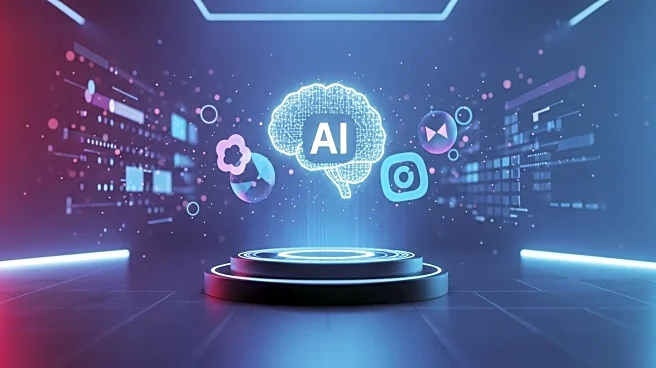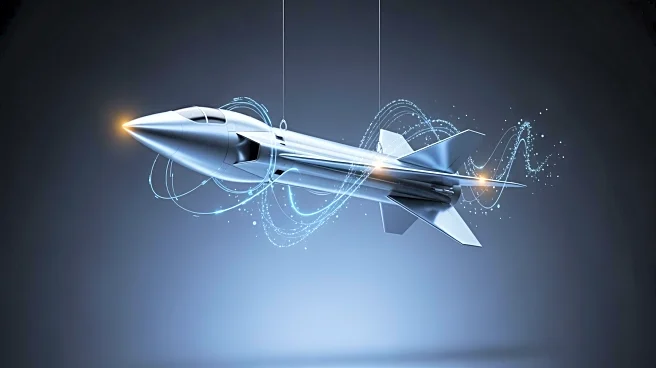What's Happening?
YouTube has reportedly been experimenting with AI-generated content, subtly altering videos uploaded by users without their knowledge. According to The Atlantic, some creators have noticed changes in their videos' appearance, which were made without any action on their part. This development has sparked concern among content creators who are trying to maintain their unique style and differentiate themselves from synthetic content. The platform's move to embrace AI-generated content could make it more challenging for creators to stand out, as their original work may be modified by AI processes.
Why It's Important?
The integration of AI-generated content on social media platforms like YouTube has significant implications for content creators and the industry at large. It raises questions about the authenticity and ownership of digital content, potentially impacting creators' ability to monetize their work. This shift could lead to a homogenization of content, where unique styles are overshadowed by AI modifications. Additionally, it highlights the growing influence of AI in media production, which could redefine content creation norms and standards. Creators may need to adapt to these changes or risk losing their distinctiveness in a rapidly evolving digital landscape.
What's Next?
As YouTube continues to experiment with AI-generated content, creators and industry stakeholders may push for clearer guidelines and transparency regarding AI's role in content modification. There could be calls for regulatory measures to protect creators' rights and ensure that AI does not infringe on their creative autonomy. The platform may also face pressure to provide options for creators to opt-out of AI alterations or to offer tools that allow them to control how their content is modified. The ongoing dialogue between creators and platforms will be crucial in shaping the future of AI in content creation.
Beyond the Headlines
The ethical implications of AI-generated content are profound, as they touch on issues of consent, privacy, and intellectual property. The use of AI to alter content without explicit permission from creators raises concerns about the erosion of creative rights. Furthermore, the potential for AI to generate misleading or deceptive content could have broader societal impacts, influencing public perception and trust in digital media. As AI technology advances, it will be essential to address these ethical challenges to ensure that innovation does not come at the expense of creators' rights and societal values.








